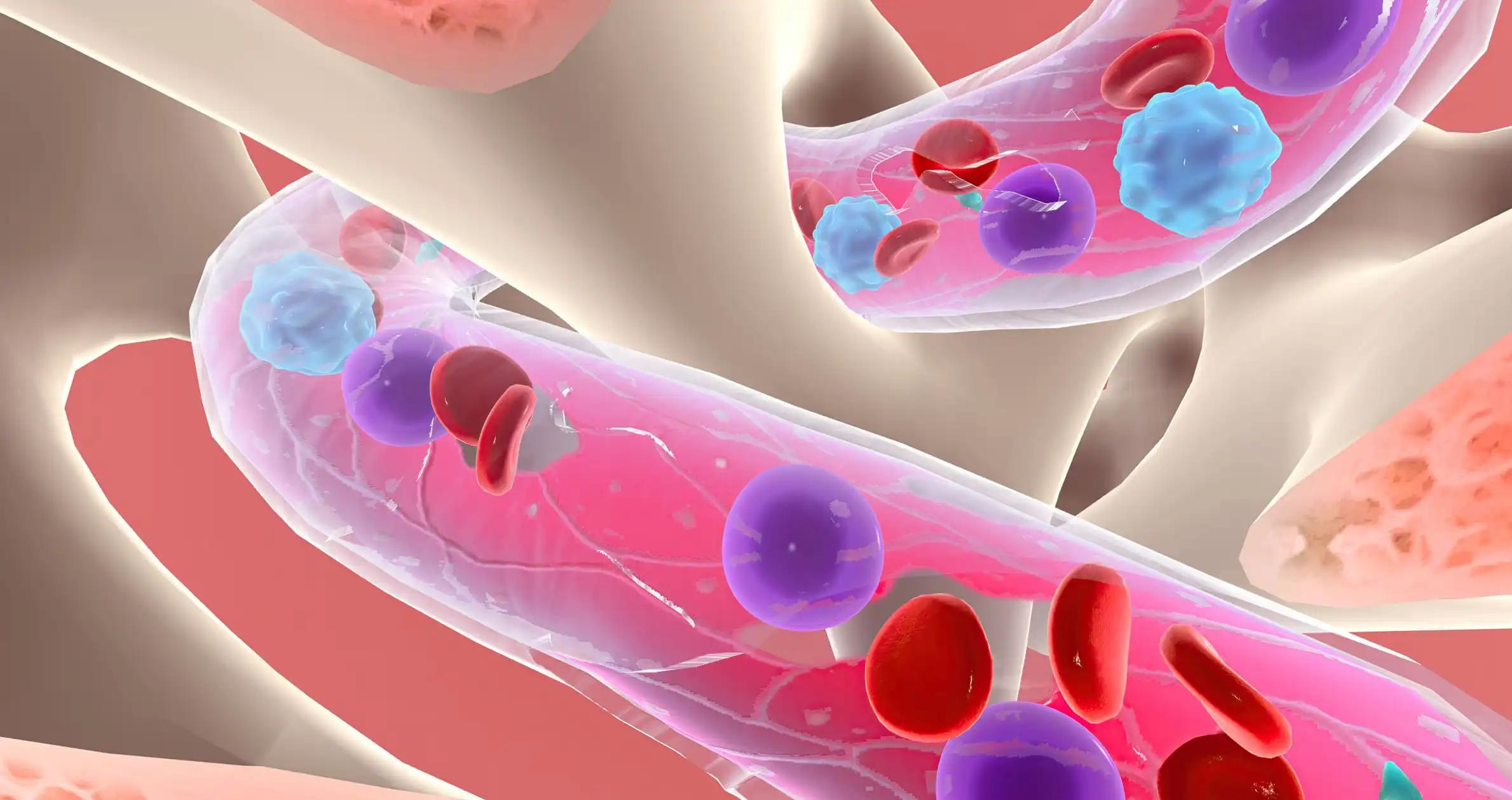KEY TAKEAWAYS
- The study aimed to compare cognitive function in lymphoma patients to healthy controls, assess wellbeing, explore associations with distress.
- The results showed impaired neuropsych function and QoL issues persist in aggressive lymphoma patients, warranting longitudinal studies for interventions.
Limited research has focused on cognitive impairment related to cancer in patients with aggressive lymphoma.
Priscilla Gates and the team sought to describe and compare the cognitive function of patients with aggressive lymphoma to that of healthy controls, while also assessing patients’ well-being and distress in comparison to general population values. Furthermore, they explored the relationships between patients’ neuropsychological (neuropsych) test performance and their self-reported cognitive function and distress levels.
In this secondary analysis, data from a feasibility study involving 30 patients newly diagnosed with aggressive lymphoma and 72 healthy controls were examined. Patients underwent neuropsych testing and self-report assessments both before and 6-8 weeks following chemotherapy. Healthy controls, on the other hand, completed neuropsych tests and the FACT-Cog questionnaire upon enrollment and again after 6 months.
Analysis of neuropsych test scores and FACT-Cog scores was conducted using mixed models. Patients’ self-reported well-being and distress were compared to population norms using one-sample t-tests. Additionally, associations were investigated using Kendall’s Tau b.
Patients and healthy controls were well matched in terms of socio-demographics. The differences in neuropsych test scores were predominantly substantial. Patients consistently exhibited poorer performance in measures of information processing speed, executive function, and learning and memory compared to healthy controls, both before and after chemotherapy (all P ≤ 0.003).
This trend was also evident in the impact of perceived cognitive impairment on quality-of-life (both p < 0.001). Furthermore, patients scored lower than population norms in physical and emotional well-being, both before and after chemotherapy (all P≤ 0.018). Most associations between neuropsych performance and other measures were negligible (all P> 0.10).
The study underscored that impaired neuropsych test performance and the impact of perceived impairments on quality-of-life (QoL) often manifest in patients with aggressive lymphoma before chemotherapy and persist after treatment.
These results emphasize the necessity for extensive longitudinal investigations within this population to identify effective intervention targets aimed at mitigating cognitive impairments.
The funding was provided by the Olivia Newton-John Cancer Wellness and Research Centre through the Victorian Cancer Agency.
Source: https://pubmed.ncbi.nlm.nih.gov/38512692/
Gates, P., Dhillon, H.M., Krishnasamy, M. et al. “Cancer-related cognitive impairment and wellbeing in patients with newly diagnosed aggressive lymphoma compared to population norms and healthy controls: an exploratory study.“ Support Care Cancer 32, 238 (2024). https://doi.org/10.1007/s00520-024-08441-2



